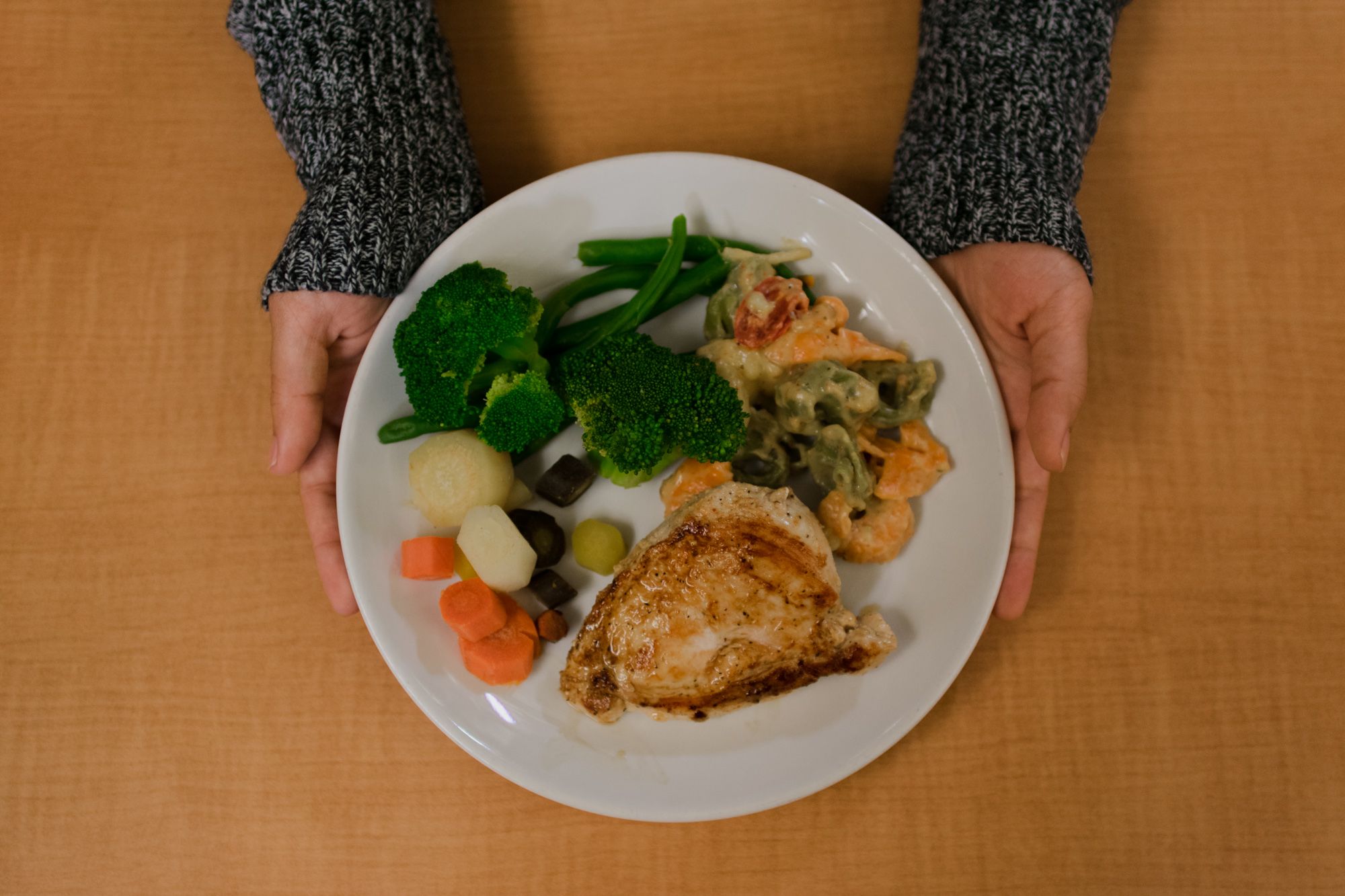The University of Maryland SGA launched a year-long pilot program last week to provide meals for students in need.
The program, called the Emergency Meal Fund, will provide more than 1,660 meals at campus dining halls for students deemed food insecure, which includes those who’ve missed meals for a day or more or are in unstable housing conditions, Student Government Association chief of staff Doron Tadmor wrote in a message.
The program comes after a study released in March found 20 percent of students at this university suffer from food insecurity. The Campus Pantry is also currently fundraising for a $1 million expansion that would add refrigeration and potentially a demonstration kitchen.
[Read more: UMD students wasted less food on average in campus dining halls this year, audit shows]
This academic year, there will be 166 cards available, each with 10 meal swipes for qualifying students, Tadmor wrote, adding it was paid for by $5,000 of SGA funds. The money came from “a pool of unspent funds” that were “not utilized by student groups last year,” said SGA president Jonathan Allen.
The money was transferred to Dining Services, where staffers discussed what the cost of running the program would be, he said.
“Our team internally looked at a whole range of those numbers and figured out, ‘What is the lowest value we would need to be compensated into the dining halls to offer this service?’” said Allison Tjaden, Dining Services assistant director for new initiatives.
Any student at this university is eligible to receive a card in the event of an emergency until their situation stabilizes, although it’s not intended to be a permanent solution, Tjaden said. They’re also not limited to one card per person, she said, to give Dining Services and the SGA flexibility in helping people in different situations.
[Read more: Four new dining plans will be available to UMD commuter students next year]
Freshman theatre major Isabella Benning said that, while the EMF is a good idea, students might not know how to access it, and it would help if teachers spread awareness.
“My geography lecture has over 200 students,” Benning said. “In that environment, if they mentioned it more often it’d be able to get out to a larger expanse of students.”
Any staff or faculty member, from professors to guidance counselors, can identify “red flags” that could signal a student is food insecure, Allen said.
Students not identified by campus staff can approach any of the four entities who distribute the cards on their own: the Campus Pantry, the Student Affairs Crisis Fund, Dining Services director Colleen Wright-Riva’s office and Fostering Terp Success, an organization focused on helping foster children transition to college.
Each office will have its own guidelines for assessing student needs, Tadmor said.
“We don’t want students who don’t meet the criteria taking advantage of these resources and decreasing from what we can give to those who actually need it,” Allen said. “I mean, it’s free food.”
Sophomore Kalman Bass, a sophomore enrolled in letters and sciences, described it as “a rockin’ plan.” But he worries that 10 meals might be the “bare minimum in what needs to be done.”
“Budgeting meals in the first place is already difficult, so to have to budget so few and also worry about getting yourself back on track is difficult,” he said.
Allen also said that the EMF will be able to help students the Campus Pantry can’t necessarily reach — those both food insecure and homeless who “may be able to get groceries but not have a place to cook these meals at.”
“It’s a really great complement to what we’re already offering in the pantry,” said Tjaden, her department’s point representative on the project.
Last spring there was a soft launch of the program where three students in emergency situations were referred to Dining Services to test out the cards. Since the start of this school year, three more cards have been distributed, she added.
The soft launch was “proven successful with offices that we were trying to hand swipes out to,” Tadmor said.
At the end of this academic year, if enough of the cards are distributed, Allen said the SGA could allocate more funds to ensure the program “is sustainable past our time here.”
“I think [students caring] makes a really big difference to somebody,” Tjaden said, “because there’s usually a lot more going on than not being able to eat.”



